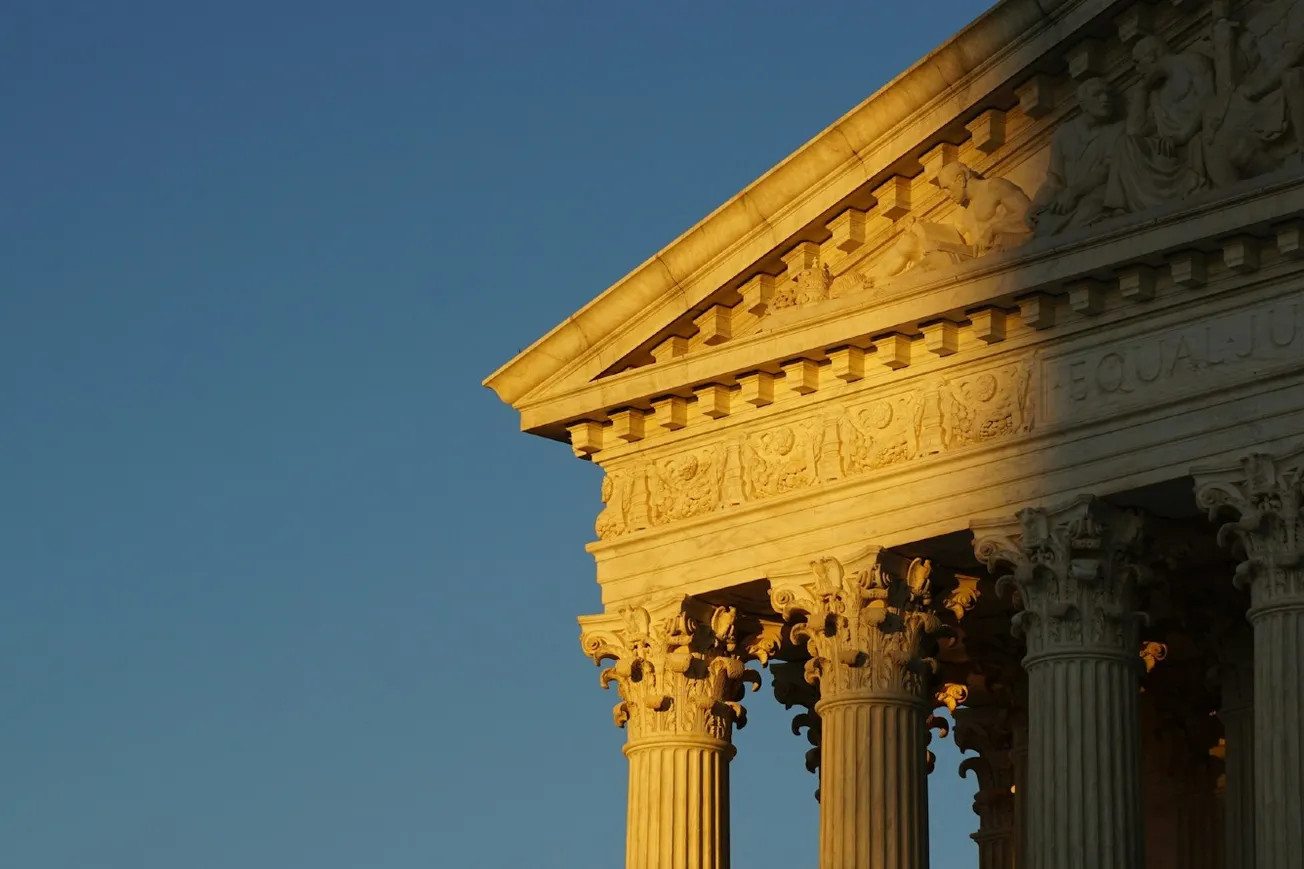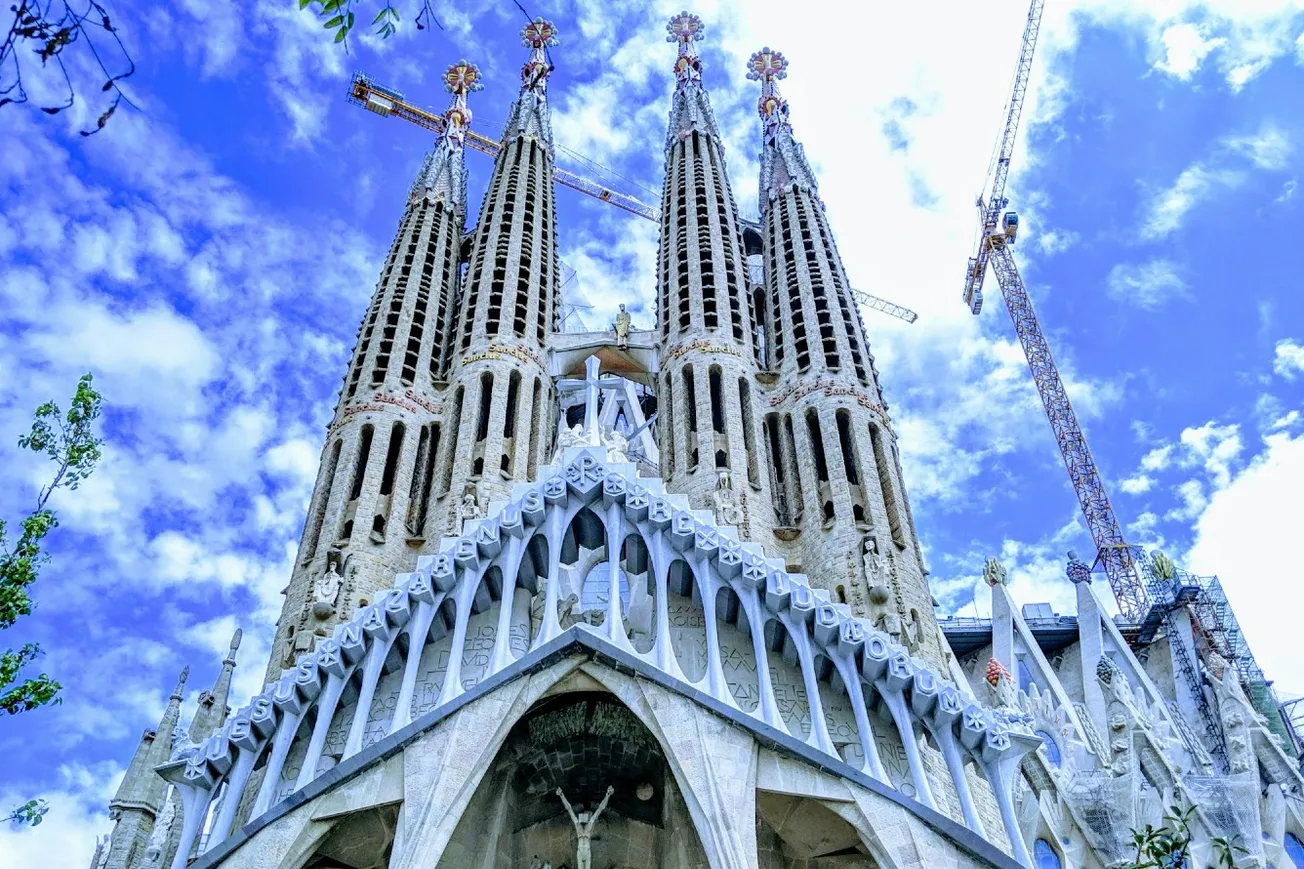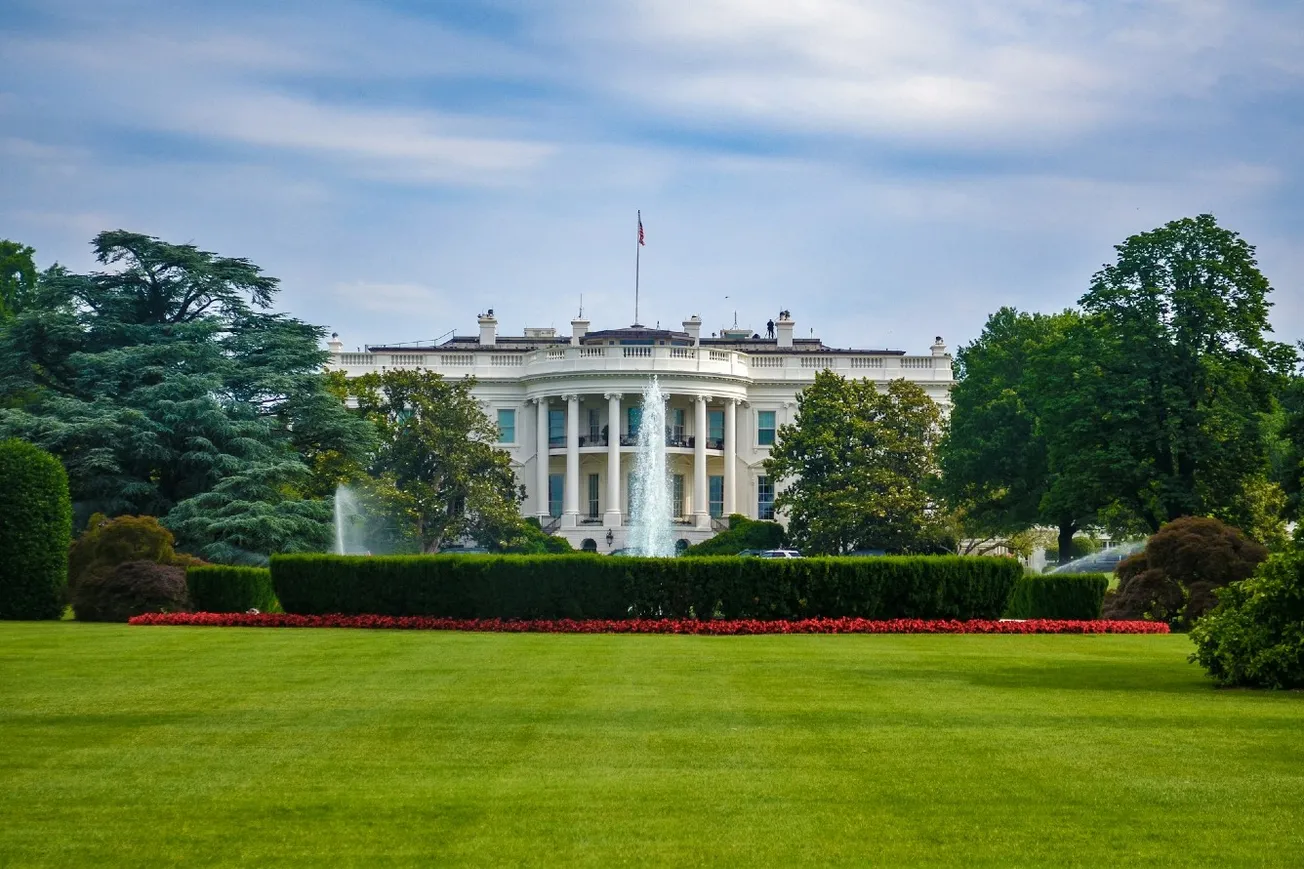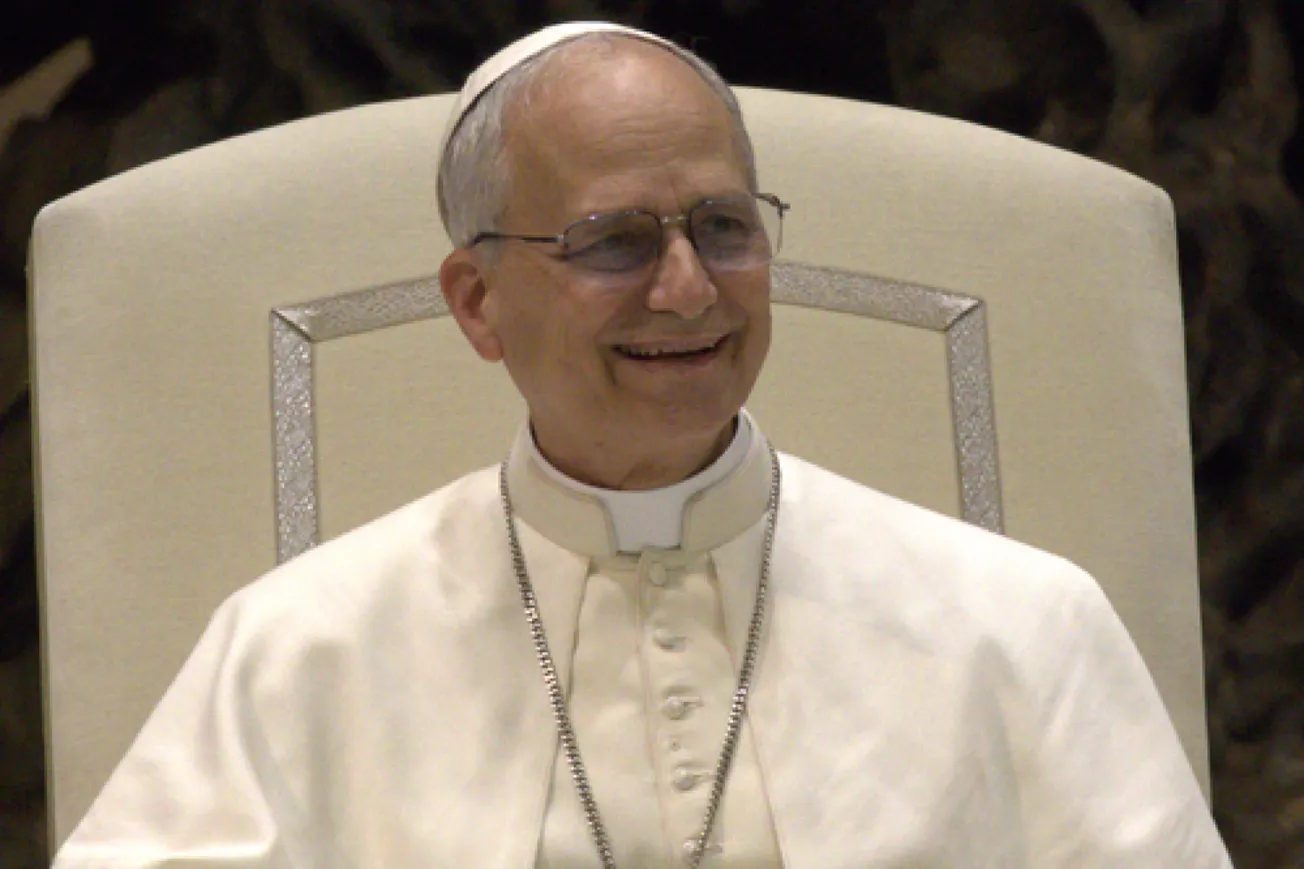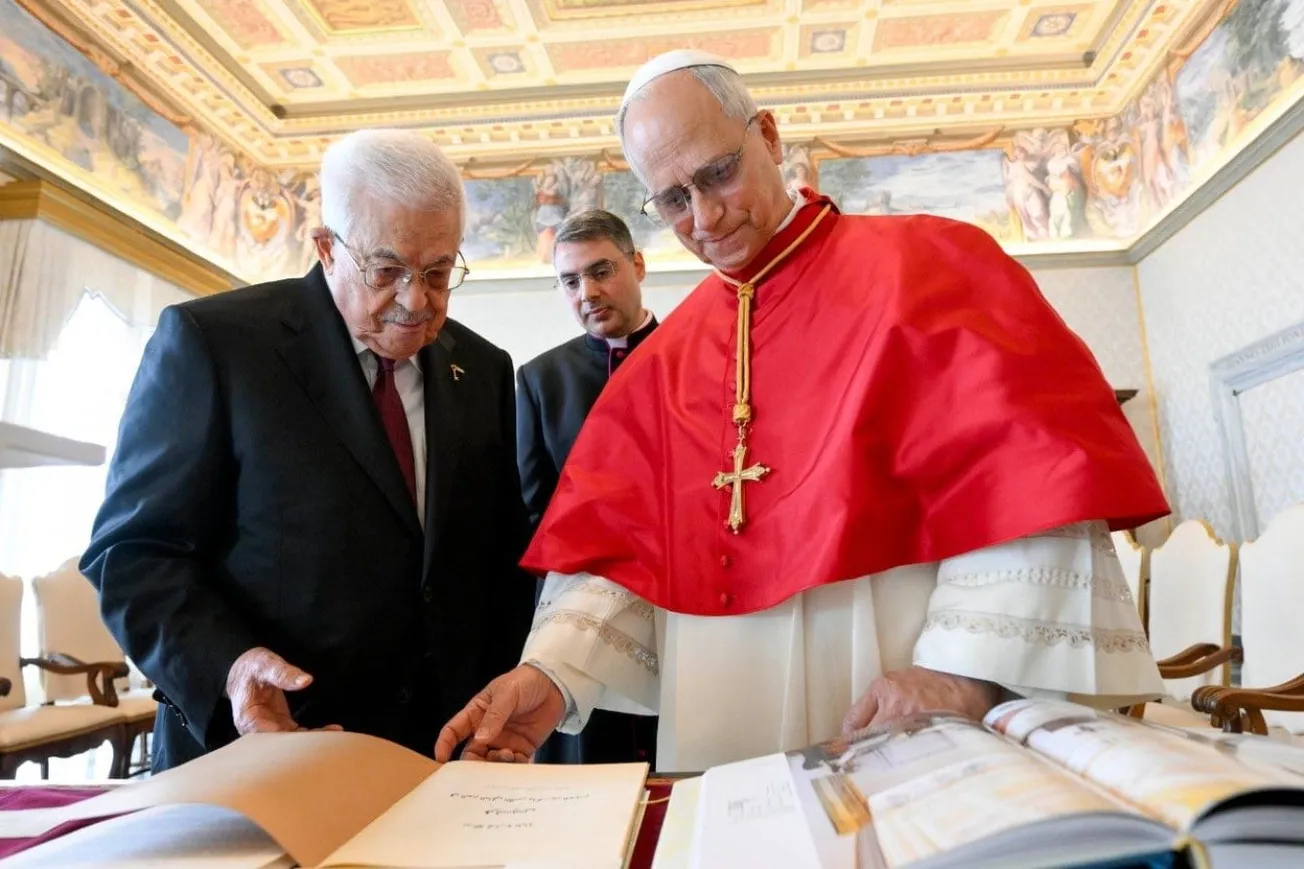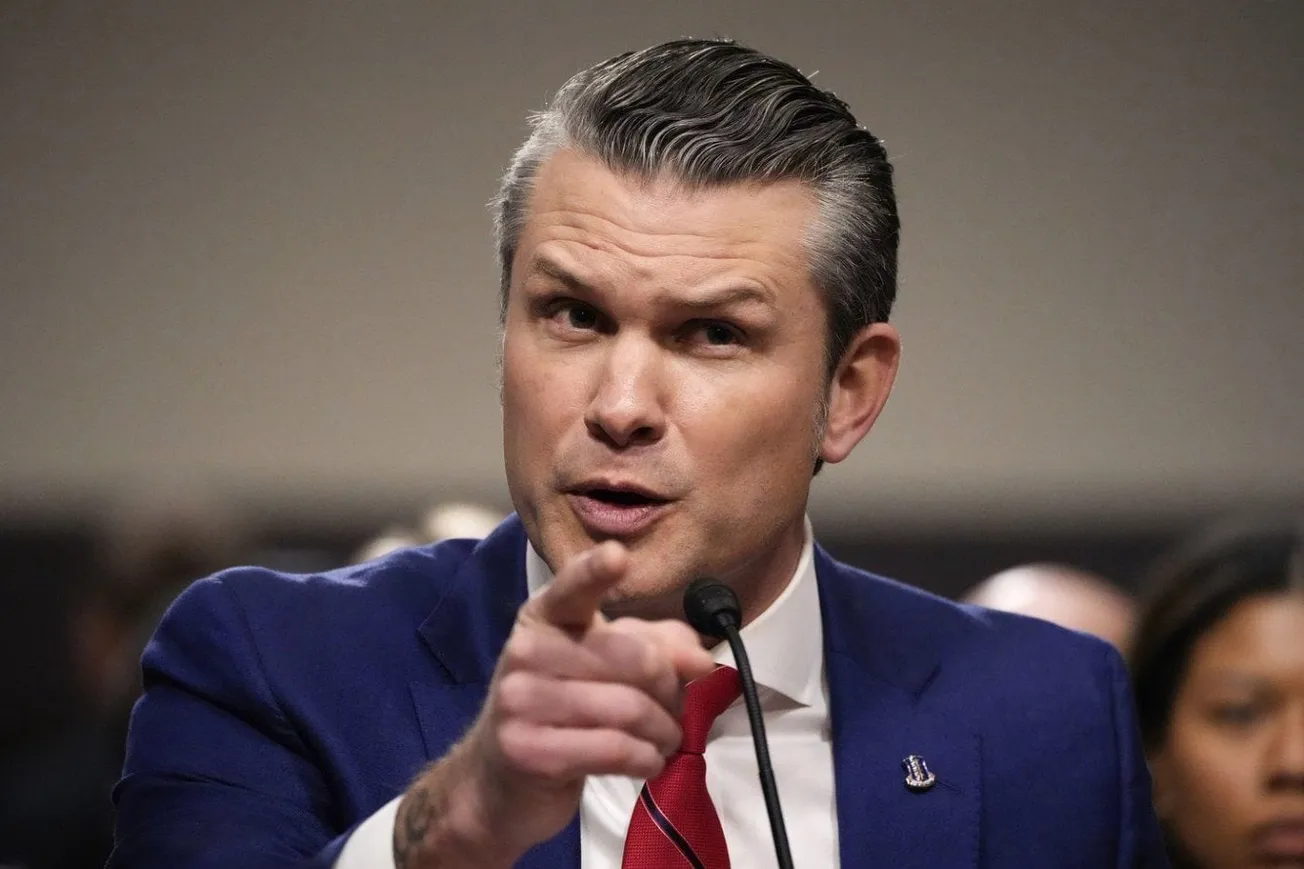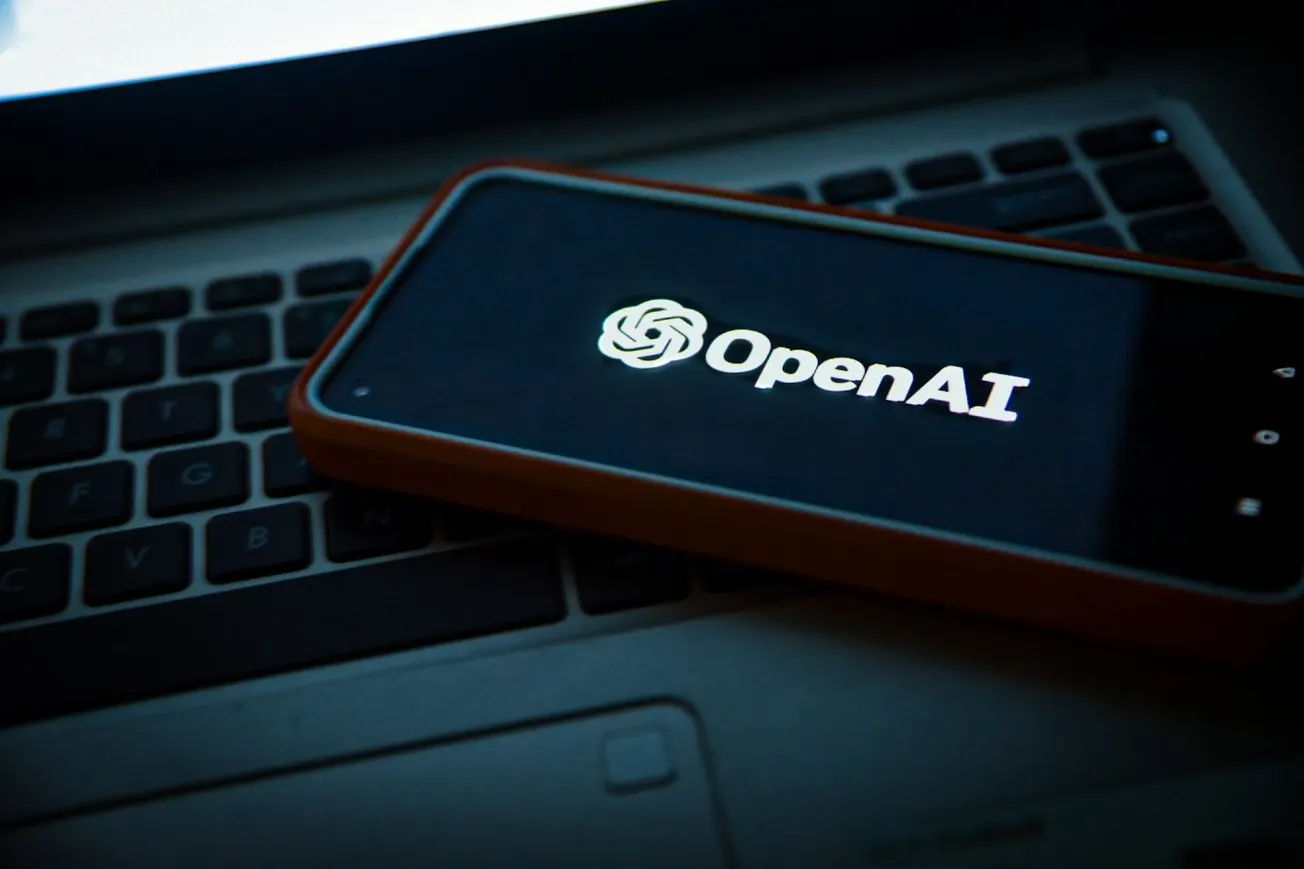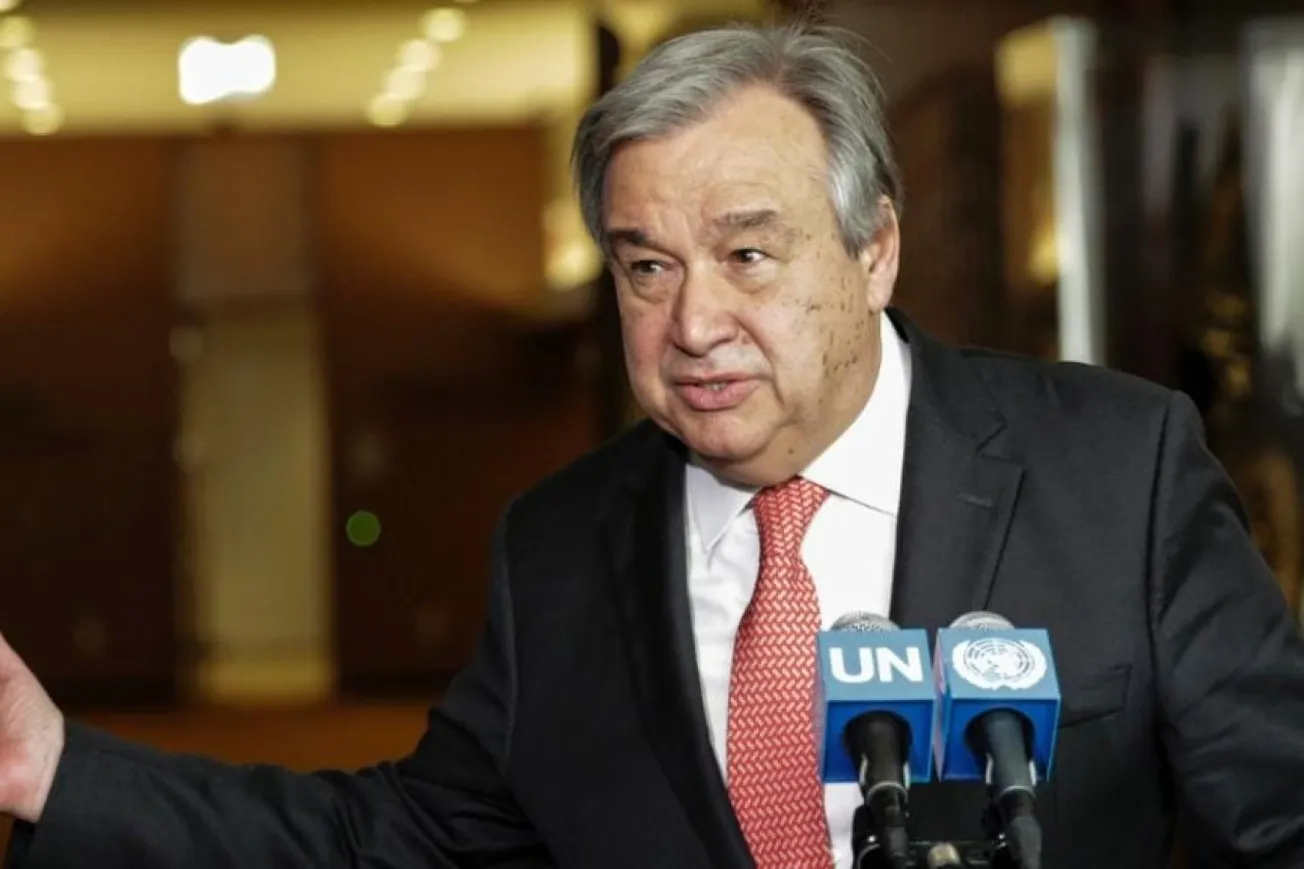By Sarah Parshall Perry via The Daily Signal | April 01, 2025
The Supreme Court heard arguments Tuesday, on one of its last days of oral arguments for cases from the October 2024 term, in Catholic Charities Bureau v. Wisconsin Labor & Industry Review Commission.
The case concerns the constitutionality of Wisconsin’s state unemployment tax exemption as applied to the work of the Catholic Charities Bureau. At issue is whether a state can determine for itself what qualifies as the “religious behavior” of an organization for purposes of granting or denying government benefits without violating the Constitution’s First Amendment free exercise and establishment clauses.
Apparent from the arguments and the strenuous questioning of Wisconsin’s assistant attorney general, the justices seem inclined to side with Catholic Charities and overturn the Wisconsin Supreme Court’s ruling to the contrary.
Wisconsin exempts from the state’s unemployment tax system certain religious organizations that are (1) “operated, supervised, controlled, or principally supported by a church or convention or association of churches” and (2) are also “operated primarily for religious purposes.”
While the parties to the litigation all agree that the Catholic Charities Bureau and the sub-entities under its membership are controlled by a church (the local Catholic Church Diocese), they disagree on whether the state can lawfully define what constitutes a “primarily religious purpose.”
In 2016, a Wisconsin labor commission denied the charities’ request for an exemption because it determined that while the charities’ services to disabled individuals may be motivated by religious reasons, the nature of the work itself was secular.
The Wisconsin Supreme Court agreed, holding that the group could not be operating for primarily religious purposes because it did not “attempt to imbue” people who participated in its programs and services “with the Catholic faith nor supply any religious materials to program participants or employees.”
Catholic Charities sought the Supreme Court’s review to settle the question of whether Wisconsin had violated the First Amendment’s religion clauses by denying it an otherwise-available tax exemption simply because Catholic Charities didn’t meet the state’s own criteria for “religious behavior.”
Arguing on behalf of Catholic Charities was Eric Rassbach from the Becket Fund for Religious Liberty. Justice Clarence Thomas posed the day’s first question, asking him if a state could impose any limits on state tax exemptions for religious organizations.
Rassbach responded that it could, so long as it did not discriminate along theological lines—something that proved central in much of the day’s discussions, and something Rassbach argued the state of Wisconsin had done.
Rassbach likened the case to the Supreme Court’s 1993 opinion in Church of the Lukumi Babalu Aye, Inc. v. City of Hialeah.
There, the court determined that the First Amendment’s free exercise clause protected animal sacrifice performed as a religious ritual unless the government could show a compelling, countervailing interest. That was because the state law was specifically aimed at eliminating a religious ritual practiced by a particular religion, Santeria, rather than merely burdening it.
Rassbach argued that just like Lukumi, a carve-out for religious and non-religious reasons would be feasible for a state tax exemption in Wisconsin. It was clear that the Catholic Charities Bureau was acting for “religious reasons” as part of the Catholic Church’s doctrine on performing “corporal works of mercy.”
To deny it a tax exemption, Rassbach argued, would mean Wisconsin was disfavoring the Catholic Charities Bureau and Catholic-operated charities overall because both serve and employ non-Catholics and don’t engage in “worship, education, or proselytization,” criteria the state had chosen for itself as examples of “religious behavior” sufficient to meet the tax exemption requirements.
Justice Amy Coney Barrett homed in on church autonomy doctrine, which protects religious institutions from state control, permitting them to control their own religious beliefs and affairs, like dictating membership qualifications, and preventing the state from getting involved in disputes between church members and leaders. She asked Rassbach whether he was arguing that the exemption violated the church autonomy doctrine.
“It seems to me,” Barrett said, “that there’s a difference between telling a church what to do or interfering in its internal affairs” and giving the church an incentive “to do certain things.”
Rassbach answered that because the “power to tax is the power to destroy,” it would “really matter what the incentives are.”
He went on to note that if the court upheld the Wisconsin Supreme Court’s interpretation of the First Amendment here, it would be tantamount to a finding that if “you’re doing something with one set of theological suppositions, you’re favored, and if you’re doing it in accordance with another set of theological suppositions, you’re not.”
Rassbach argued that the Wisconsin Supreme Court had “held that helping the poor can’t be religious, because secular people help the poor too.” To resolve the case,” he argued, “this court need do nothing more than say that the Constitution doesn’t allow courts to do that.” Creating a “judicially approved” religious set of activities for entitlement to a government benefit was a “real problem” that he urged the court to avoid.
The Trump administration filed an amicus (“friend of the court”) brief supporting Catholic Charities, arguing that the Wisconsin law “mirrors and implements” a federal unemployment tax law, and was permitted time for oral arguments today.
Arguing for the United States was Deputy Solicitor General Curtis Gannon, who told the justices they could reverse the Wisconsin Supreme Court’s decision based simply on the text of the state law, which “makes clear that the inquiry focuses on whether the organization actually operates primarily for religious reasons, not on the nature of its activities or on whether another organization could undertake the same activities for nonreligious reasons.”
When asked by Justice Neil Gorsuch whether Gannon wanted the Supreme Court to reverse the lower court or just to vacate the lower court’s judgment and remand the case for further proceedings, Gannon said the former, because the Wisconsin Supreme Court “needs to know they were wrong on the constitutional question.” He continued that courts “second-guessing what is inherently religious activity is inherently problematic.”
Arguing for the state of Wisconsin was Assistant Attorney General Colin Thomas Roth. Roth argued that by identifying “worship, education, or proselytization” as “religious activities,” the state had reasonably limited those cases that would most likely present problems for picking and choosing between “religious activities.”
Specifically, Roth stated, the state wanted to avoid deciding whether employees had complied with their religious doctrine when churches and religious institutions fired their employees, and those employees later went on to file for state unemployment benefits.
By limiting the number of employers who received the state unemployment tax exemption, Roth added, only the “employers most likely to draw the state into doctrinal disputes” would qualify for the exemption. He urged that the First Amendment doesn’t prohibit all state entanglements with religion, only “excessive” ones, and those typically involve “official and continuing surveillance” of religious organizations. Wisconsin, he argued, had sought to avoid this by engaging in a “one-time examination” of any religious group’s activities.
When pressed by Gorsuch on what the state had used as its test for “religious activity,” Roth answered that it depended on whether the institution was “expressing and inculcating church doctrine.”
Gorsuch then responded that because Wisconsin had chosen to pick those faiths that proselytize by expressing and inculcating church doctrine (like evangelicals), and those faiths that don’t (like Catholics), it meant Wisconsin had actually increased—not decreased—state entanglement with religion. Didn’t Roth think it was a problem that the state has chosen for itself what constitutes religious activity, Gorsuch asked.
Roth scrambled, responding, “Well, then we have a problem, where legislatures may not engage in line-drawing [for government benefits] whatsoever.”
This prompted Justice Elena Kagan (who typically votes with the court’s liberal bloc in religious liberty cases) to jump in, opining that because some religious organizations proselytize and some—like Catholic organizations—don’t, by granting a tax exemption for those that do but denying one to those that don’t, the state had clearly discriminated against Catholic Charities.
“Why are we treating some religions better than others based on that element of religious doctrine?” Kagan asked.
She remarked that it was “pretty fundamental that we don’t treat some religions better than others. And we certainly don’t do it based on the content of the religious doctrine that those religions preach.”
Rassbach noted in his rebuttal that because America is a religiously pluralistic society, the court should adopt a generous approach to evaluating religious exemptions, not a stingy one. Based on today’s questioning from the justices, Catholic Charities may take as a good sign a majority of them are likely to agree.
As the term enters its final lap, two more religious liberty cases remain to be heard. The first, on whether religious parents may opt their children out of gender identity curriculum when it conflicts with their ability to raise their children according to the tenets of their religion. The second one is on whether a Catholic online school can become the country’s first religious charter school.
A decision in Catholic Charities Bureau v. Wisconsin Industry & Labor Commission is expected before the Supreme Court’s summer recess in July.
Sarah Parshall Perry is a senior legal fellow in The Heritage Foundation's Edwin Meese III Center for Legal and Judicial Studies.
Original article link

